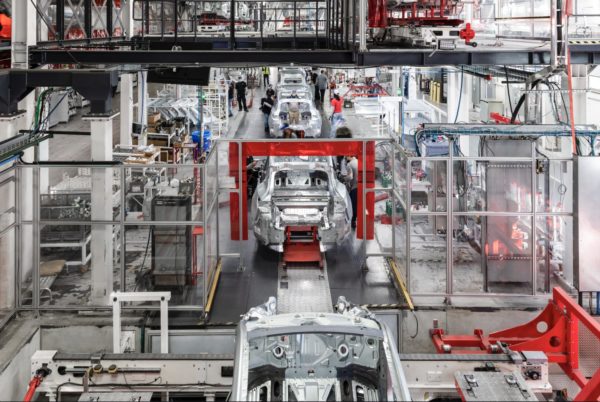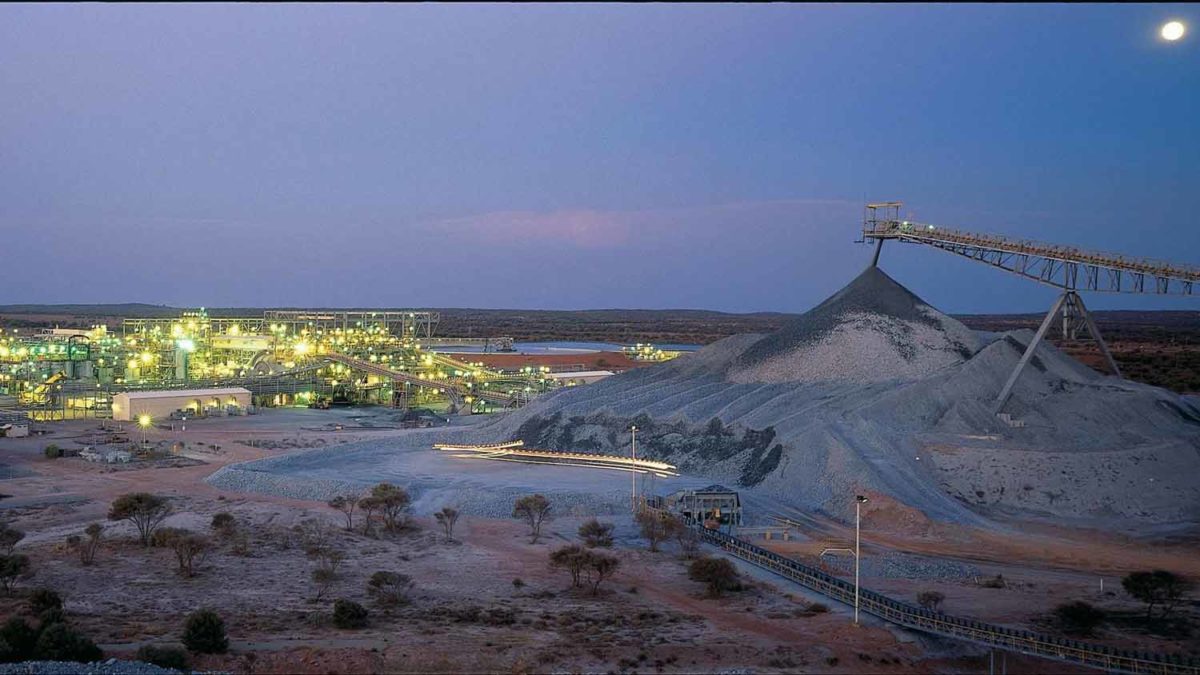The new agreement will see BHP supply Tesla with nickel from its Nickel West plant in Western Australia, with the key metal to be used by the carmaker to manufacture electric vehicle (EV) batteries.
The two companies will also work together on finding new ways to make the battery supply chain more sustainable, and also to identify opportunities to lower carbon emissions through the increased use of renewable energy.
“Demand for nickel in batteries is estimated to grow by over 500% over the next decade, in large part to support the world’s rising demand for electric vehicles,” BHP chief commercial officer Vandita Pant said.
“We are delighted to sign this agreement with Tesla, and to collaborate with them on ways to make the battery supply chain more sustainable through our shared focus on technology and innovation.”
BHP said the terms of the agreement, including how much nickel it would supply Tesla were confidential.
Tesla already sources more than one third of its nickel from Australia and chairwoman Robyn Denholm only last month said she expects the company to ramp up its intake of battery raw materials from Australia.
“Australia has the minerals to power the renewable energy age throughout the world in the coming years.” Denholm said during a Minerals Council of Australia event.
“We expect our spend on Australian minerals to increase to more than $1 billion per annum for the next few years,” she said.

Image: Tesla
In addition to the supply agreement, BHP and Tesla will collaborate on ways to make the battery supply chain more sustainable, with a focus on end-to-end raw material traceability using blockchain; technical exchange for battery raw materials production; and promotion of the importance of sustainability in the resources sector.
BHP Minerals Australia president Edgar Basto said the company will also work with Tesla on energy storage solutions to identify opportunities to lower carbon emissions in their respective operations through increased use of renewable energy paired with battery storage.
“BHP produces some of the lowest carbon intensity nickel in the world, and we are on the pathway to net zero at our operations,” Basto said.
“Sustainable, reliable production of quality nickel will be essential to meeting demand from sustainable energy producers like Tesla.
“The investments we have made in our assets and our pursuit of commodities like nickel will help support global decarbonisation and position us to generate long-term value for our business.”
The announcement of the deal comes as reports indicate BHP is reviewing its petroleum business and considering options including a trade sale as it looks to move away from both thermal coal and petroleum.
The deliberations are said to be still at an early stage and no final decision has been made.
BHP has been in oil and gas since the 1960s and has assets in the Gulf of Mexico and off the coast of Australia. It produced 102.8 million barrels of oil equivalent in the year ending June 30.
This content is protected by copyright and may not be reused. If you want to cooperate with us and would like to reuse some of our content, please contact: editors@pv-magazine.com.









1 comment
By submitting this form you agree to pv magazine using your data for the purposes of publishing your comment.
Your personal data will only be disclosed or otherwise transmitted to third parties for the purposes of spam filtering or if this is necessary for technical maintenance of the website. Any other transfer to third parties will not take place unless this is justified on the basis of applicable data protection regulations or if pv magazine is legally obliged to do so.
You may revoke this consent at any time with effect for the future, in which case your personal data will be deleted immediately. Otherwise, your data will be deleted if pv magazine has processed your request or the purpose of data storage is fulfilled.
Further information on data privacy can be found in our Data Protection Policy.